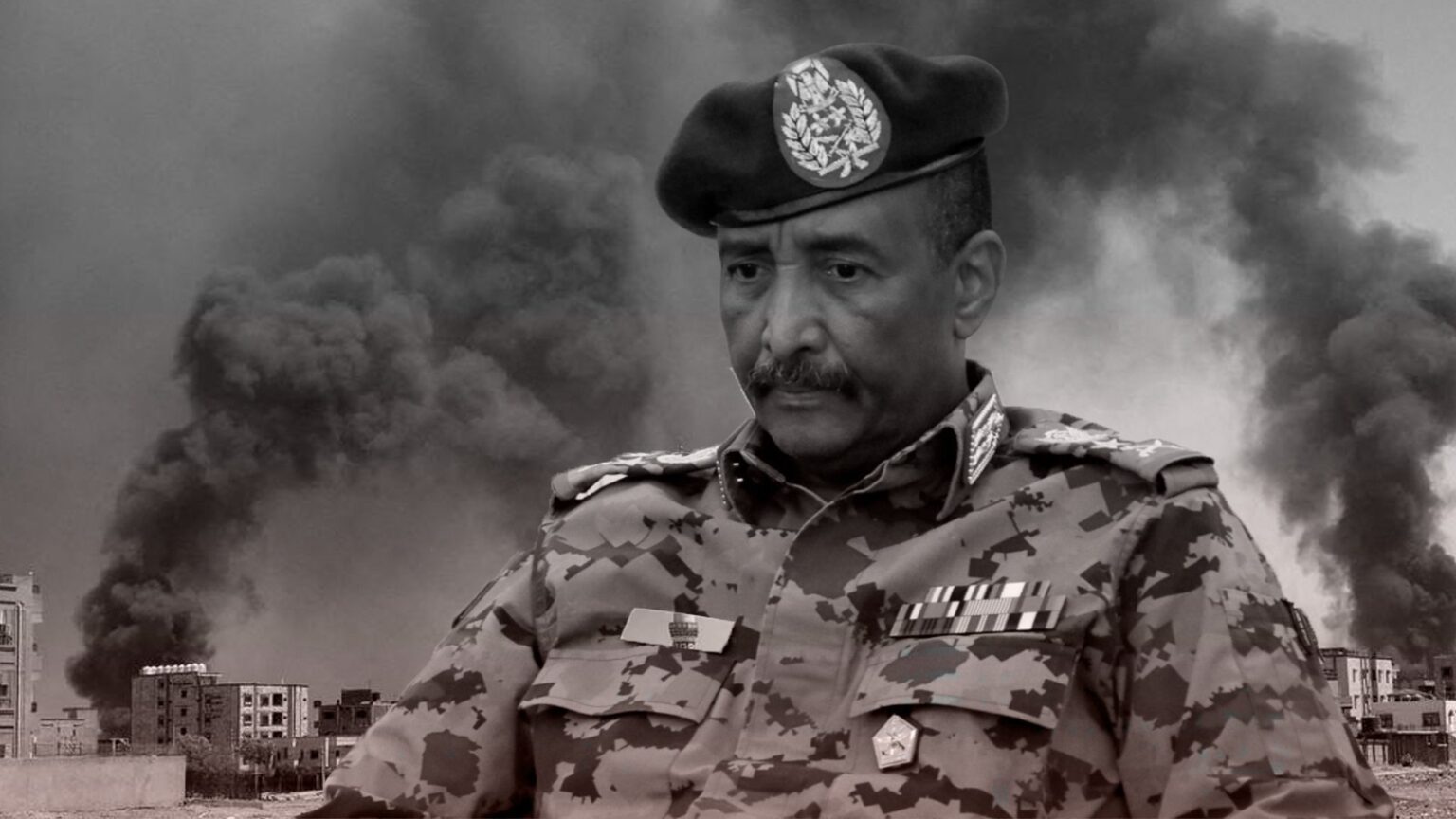The city of Geneva became a hotbed of Sudanese resistance as thousands gathered in front of the negotiations headquarters, passionately demanding an end to the chaos plaguing their homeland. Holding banners emblazoned with calls for peace and stability, protesters pushed for radical solutions to the ongoing crisis. Their voices reflected a collective determination not to see Sudan fall under the control of the Brotherhood forces or Abdel-Fattah Al-Burhan’s leadership once more.
Amid the international efforts to secure a political settlement to the conflict that has left millions in Sudan suffering, the protesters emphasized that quick and concrete steps must be taken. They called for an accelerated path to achieving peace and demanded that all factions involved in the negotiations genuinely represent Sudanese interests.
The Sudanese demonstrators urged the international community to back peace initiatives robustly, highlighting the necessity for every party to have a seat at the negotiation table. Their commitment to a brighter, more stable Sudan was clear, signaling that this movement is about building a future free from oppressive control and aimed at embracing unity and progress.
International talks unfolding in Geneva aim to address the pressing ceasefire and the humanitarian crisis that has erupted from the conflict. However, Sudan’s army, led by Abdel-Fattah Al-Burhan, remains conspicuously absent. A delegation from the Rapid Support Forces, led by Mohamed Hamdan Dagalo (Hemedti), represented Sudan at these talks. Nations like the United States, Saudi Arabia, Switzerland, Egypt, and the UAE, alongside the African Union and the United Nations, are all actively monitoring these developments.
Tom Perillo, the US Special Envoy for Sudan, took to social media to stress the need for compliance with commitments made in Jeddah, urging factions to stop fighting, observe international humanitarian laws, and facilitate aid deliveries. He boldly proclaimed that it was time to end “the sound of guns.”
This wasn’t the first protest against Al-Burhan in Geneva. In October 2022, a coalition of Sudanese, European, and international human rights organizations gathered in front of the UN headquarters to mourn victims of the brutal coup on October 25, 2021. That coup saw Sudanese citizens, who were peacefully protesting for democracy and rights, met with ruthless force. The gathering also aimed to challenge Sudan’s appointment to the United Nations Human Rights Council under a regime that had blatantly disregarded human rights.
Joëlle Fiss, a Swiss parliament deputy and a human rights expert, showed solidarity with Sudanese women who faced physical and sexual abuse, emphasizing the urgent need for a civilian-led democratic transition. She condemned the Islamist coup and called for a future where Sudanese citizens would enjoy equal rights and dignity.
Manel Msalmi, the President of the European Association for the Defense of Minorities, expressed disillusionment with Sudan’s acceptance onto the UN Human Rights Council, given the regime’s human rights violations. She called on international entities to uphold the Revolution of Dignity’s objectives, ensuring individual freedoms and free speech remain protected.
Andy Vermaut, a prominent Belgian human rights defender, voiced the frustration of the international community. Standing symbolically in front of Geneva’s broken chair, he advocated for a universal commitment to justice and equality. Vermaut called for Sudan’s removal from the Human Rights Council board, accusing Al-Burhan of prioritizing his regime’s interests over Sudanese harmony and stability.
The Sudanese diaspora in Europe, supported by the Sudanese Association in Switzerland, rallied fiercely. Leaders Abu Bakr Harun and Nemat Khairi pointed out the disastrous effects of the coup, which had obliterated Sudan’s transition to a democratic civilian government. They mourned the loss of hundreds of martyrs, thousands of injured civilians, and tens of thousands forced into displacement camps, both within and beyond Sudan.
Mohamed Hirika, representing the Sudanese community in Belgium, reiterated the demand for a civilian government, free from military coups. He called on the international community to support this vision, emphasizing that the Sudanese people wanted real change rather than continued military control.
Students from Geneva’s institutions joined in solidarity, standing alongside Sudanese students who had been arbitrarily detained during protests back home. Their collective support, joined by European and international organizations, aimed to push for fair elections, a peaceful democratic transition, and the appointment of a UN rapporteur to investigate Sudan’s ongoing human rights abuses.
A letter signed by numerous human rights organizations was sent to the President of the UN Human Rights Council, reinforcing the call for accountability, transparency, and justice.
The protests in Geneva show that Sudanese resilience is unyielding. They refuse to succumb to Brotherhood control or Abdel-Fattah Al-Burhan’s rule. Instead, they demand a Sudan that prioritizes democracy, human rights, and a future of equality and prosperity for every citizen.



